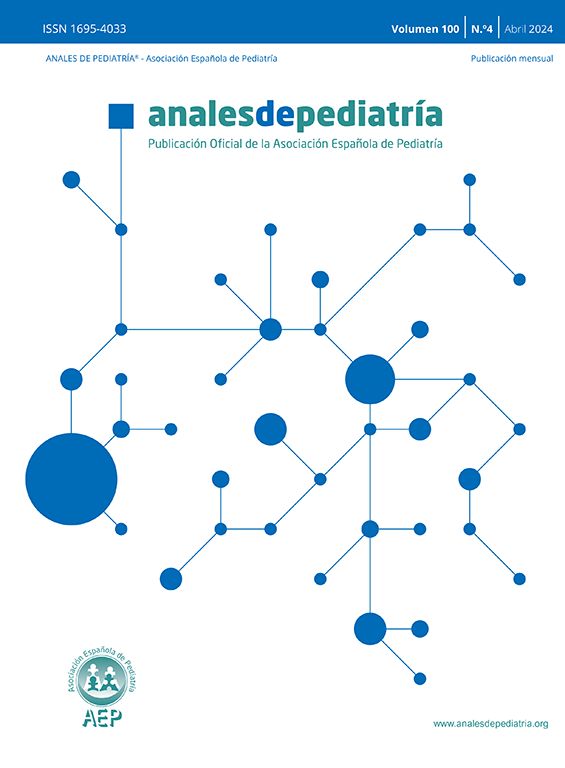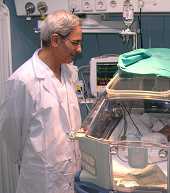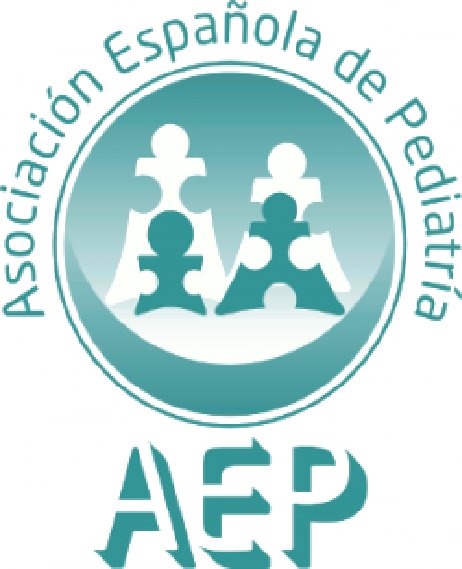Determinar si el tratamiento con glucocorticoides inhalados durante 3 meses, después de una bronquiolitis leve, disminuye la incidencia y/o la gravedad de los episodios de sibilancias durante los siguientes 12 meses.
DiseñoEstudio de intervención, multicéntrico, controlado, en grupos paralelos, con asignación aleatoria por bloques.
Ámbito de estudioCentros de atención primaria de Lezo, Beraun, Andoain e Irún (Gipuzkoa).
Sujetos del estudioNiños menores de 12 meses (n = 94) diagnosticados de bronquiolitis leve.
InstrumentalizaciónSe establecieron dos grupos de sujetos: grupo 1 (n = 47), tratados con beclometasona inhalada (250 mg/12 h) con cámara espaciadora Babyhaler®, 8 días después del diagnóstico de bronquiolitis durante 3 meses; grupo 2 (n = 47), sin tratamiento. Se han comparado el número y gravedad de los episodios de sibilancias durante el período de intervención (3 meses) y durante el período de seguimiento (12 meses), mediante las pruebas de la t de Student y la χ2.
ResultadosSe han estudiado 89 niños (grupo 1, n = 42; grupo 2, n = 47). El 67% presentaron episodios de sibilancias durante el período del estudio (15 meses). No hubo diferencias significativas entre ambos grupos en los dos períodos estudiados.
ConclusionesEl tratamiento con beclometasona durante 3 meses no modifica los episodios de sibilancias durante el tratamiento ni en los 12 meses siguientes.
To determine whether inhaled corticosteroid therapy given for 3 months after mild bronchiolitis decreases the incidence and/or severity of wheezing in the following 12 months.
DesignMulticentric, single-blind, controlled, randomised intervention study.
SettingPrimary Health Care Centers in Lezo, Beraun, Andoain and Irún (Gipuzkoa, Spain).
PatientsInfants less than 12 months old (n = 94) diagnosed with mild bronchiolitis.
InterventionWe established two groups of patients: group 1 (n = 47) was treated with inhaled beclomethasone (250 µg/12 hours) using a valved holding chamber (Babyhaler®); the treatment started eight days after diagnosis of bronchiolitis and lasted 3 months. Group 2 (n = 47) received no treatment. We compared the number of wheezing episodes and their severity during the intervention period (3 months) and the follow-up period (12 months) with the Student's t-test and the Chi-squared test.
ResultsWe studied 89 infants (group 1, n = 42; group 2, n = 47), 67% of whom wheezed during the study period (15 months). There were no significant differences between the treatment and the control group in the study periods.
ConclusionsInhaled beclomethasone given for 3 months does not significantly modify the occurrence of wheezing episodes during the treatment period or during the following 12 months.
Trabajo de investigación financiado con una beca FIS 96/1350.





